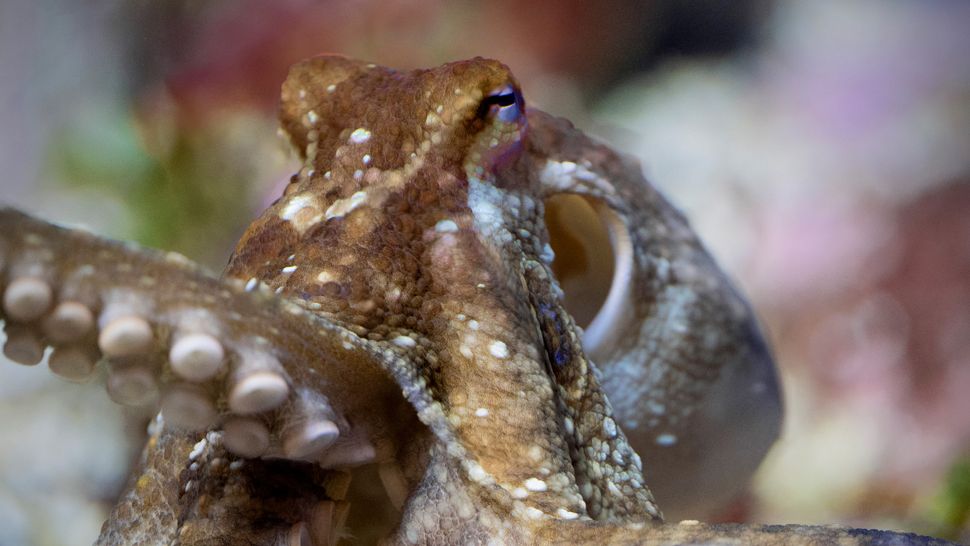Amidst escalating Cold War tensions, Gregory Bateson found inspiration in an unexpected place — the world of solitary octopuses learning to coexist in a shared tank. The urgency of the Cuban Missile Crisis in October 1962 prompted a reevaluation of Cold War strategies, with Soviet nuclear warheads in Cuba and additional threats en route. Bateson, an interdisciplinary scholar, turned to his observations of octopus behavior for insights into managing geopolitical relations.
Bateson, recognizing the significance of communication in parent-offspring bonds among birds and mammals, drew parallels to the world of nations. In Phillip Guddemi’s book “Gregory Bateson on Relational Communication: From Octopuses to Nations,” Bateson explored the metaphor of closeness and physical proximity observed in octopuses. Despite their solitary reputation, octopuses like Thursday, kept in a home aquarium, displayed a surprising fondness for closeness, engaging with humans and even relocating in response to attention.

Unlike traditional communication models rooted in parental care or mating dynamics, octopuses’ relational communication fascinated Bateson. His experiments, involving cohabiting two octopuses in a single tank, revealed intriguing dynamics. While the solitary nature of octopuses typically makes this arrangement challenging, some pairs managed to coexist through a process of trust-building. Minor battles and food disputes eventually led to a delicate balance, with the stronger octopus demonstrating strength, the weaker revealing vulnerability, and, crucially, the stronger refraining from harm. This sequence of interactions paved the way for peaceful coexistence, challenging conventional notions of communication in both octopuses and international relations.
